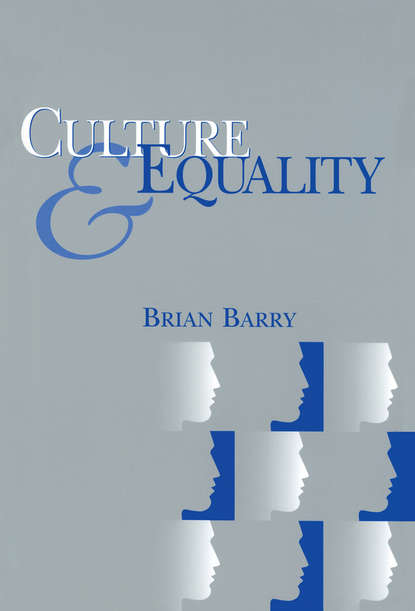All major western countries today contain groups that differ in their religious beliefs, customary practices or ideas about the right way in which to live. How should public policy respond to this diversity? In this important new work, Brian Barry challenges the currently orthodox answer and develops a powerful restatement of an egalitarian liberalism for the twenty-first century. Until recently it was assumed without much question that cultural diversity could best be accommodated by leaving cultural minorities free to associate in pursuit of their distinctive ends within the limits imposed by a common framework of laws. This solution is rejected by an influential school of political theorists, among whom some of the best known are William Galston, Will Kymlicka, Bhikhu Parekh, Charles Taylor and Iris Marion Young. According to them, this 'difference-blind' conception of liberal equality fails to deliver either liberty or equal treatment. In its place, they propose that the state should 'recognize' group identities, by granting groups exemptions from certain laws, publicly 'affirming' their value, and by providing them with special privileges or subsidies. In Culture and Equality, Barry offers an incisive critique of these arguments and suggests that theorists of multiculturism tend to misdiagnose the problems of minority groups. Often, these are not rooted in culture, and multiculturalist policies may actually stand in the way of universalistic measures that would be genuinely beneficial. Это и многое другое вы найдете в книге Culture and Equality (Группа авторов)
Culture and Equality Группа авторов
Подробная информация о книге «Culture and Equality Группа авторов». Сайт не предоставляет возможности читать онлайн или скачать бесплатно книгу «Culture and Equality Группа авторов»
